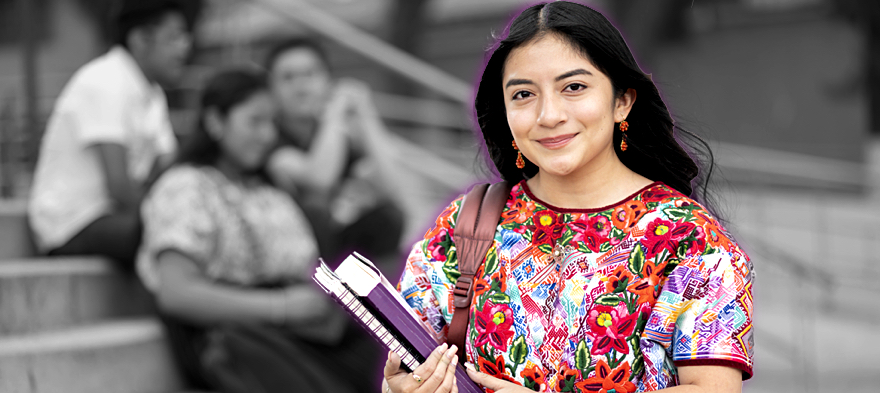
Oct 11, 2021 12:00:00 AM
Columbus Day should have never been a holiday. This is a concept that some people struggle with because of some warped sense of belief in Manifest Destiny, a belief that colonization was inevitable and God’s will. Vincent Schilling, an award-winning Native American journalist, wrote about Christopher Columbus a few years ago to bring to light the heinous atrocities Columbus committed against Indigenous Peoples.
Columbus Day is not a happy celebration of an explorer (who didn’t even know he was in the wrong location); it is a reminder to Indigenous Peoples across the Americas of the evils he committed. There are people, who are not Indigenous, who understand the pain having a day for this individual causes. They want to support and help abolish Columbus Day nationwide.
In some places, Columbus Day is now Indigenous Peoples’ Day. Having a day is not enough. Knowing this, some people attempt to show their solidarity through acts such as land acknowledgments, and this is where allyship can go wrong.
A land acknowledgment is when people acknowledge the Indigenous tribes who once inhabited the land where they currently reside. Typically, this acknowledgment is done at the beginning of a workshop or event. Both Indiana University and Purdue University have a land acknowledgment page through their Native American cultural centers. For student visitors, the Indiana State Museum has a map that shows where Indigenous tribes lived in Indiana. Taking the time to acknowledge whose land an organization is on is a first step, but [pullquote]it becomes performative allyship if no actions are taken to help Indigenous Peoples’ descendants whose ancestors were forcibly relocated or the descendants of the tribes that still reside in the area today.[/pullquote]
The Native Governance Center has provided tips to move people beyond land acknowledgments.
The Native Governance Center reminds readers to,
Compensate Indigenous people for their emotional labor. If you do plan to reach out to an Indigenous person or community for help, compensate them fairly. Too often, Indigenous people are asked to perform emotional labor for free.
On Indigenous Peoples’ Day, commit to ending performative allyship and invest your time or money to take actions to support Indigenous Peoples.
Shawnta (Shawn-tay) S. Barnes, also known as Educator Barnes, is a married mother of identical twin boys. She navigates education from not only the educator’s perspective but also the parent’s perspective. She has been an educator for nearly two decades. Shawnta works with K-12 schools, universities, & education adjacent organizations through her education consulting business Blazing Brilliance. She is an adjunct college professor, supervises student teachers, Indy Kids Winning Editor-in-Chief, Brave Brothers Books Co-founder, & CEO, and Brazen Education Podcast host. She holds five education licenses: English/language arts 5-12, English to speakers of other languages P-12, library/media P-12, reading P-12, and school administration P-12, and she has held a job in every licensed area. Previously, she has served as a school administrator, English teacher, English learners teacher, literacy coach, and librarian. She won the 2019 Indiana Black Expo Excellence in Education Journalism Award. In 2023, she completed her doctorate in Literacy, Culture, and Language Education with a minor in Learning Sciences. She is an urban gardener in her spare time and writes about her harvest-to-table journey at gardenershicole.com. To learn more about Shawnta, visit educatorbarnes.com.
Few issues in education spark more tension and debate than standardized testing. Are they a tool for equity or a burden on students? A necessary check on school systems or a flawed measure of...
Charter schools are public schools with a purpose. Operating independently from traditional school districts, they're tuition-free, open to all students, and publicly funded—but with more flexibility...
Despite the benefits of a diverse teaching force, prospective teachers of color fall out of our leaky preparation pipeline at every stage: preparation, hiring, induction, and retention. Here’s what...
Ed Post is the flagship website platform of brightbeam, a 501(c3) network of education activists and influencers demanding a better education and a brighter future for every child.
© 2020-2025 brightbeam. All rights reserved.
Leave a Comment